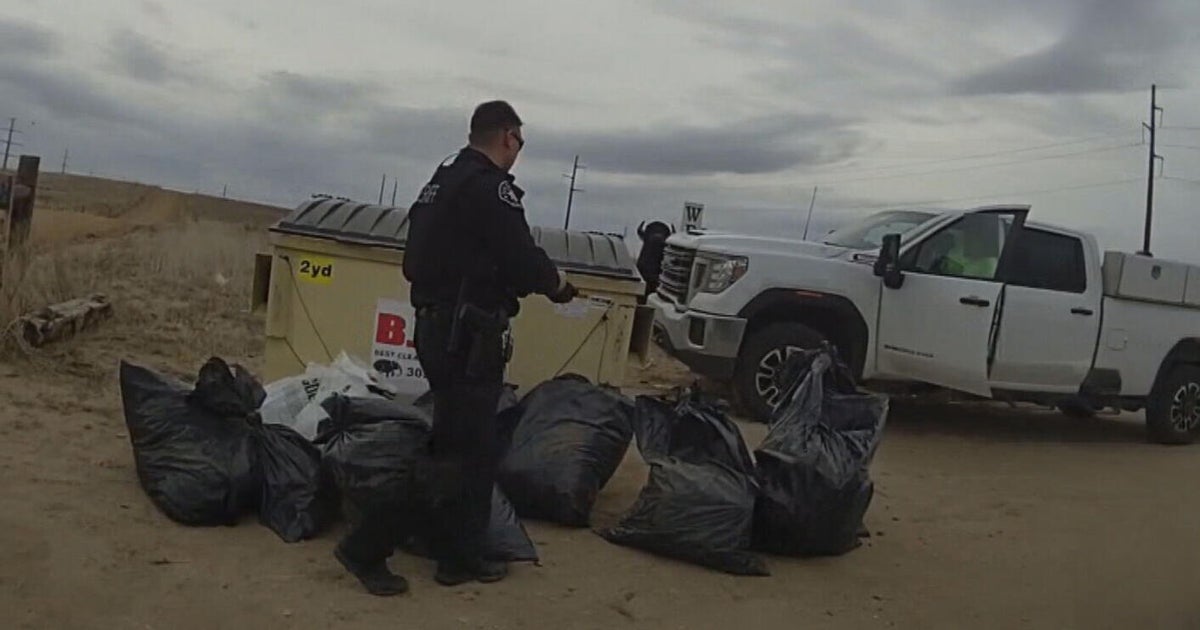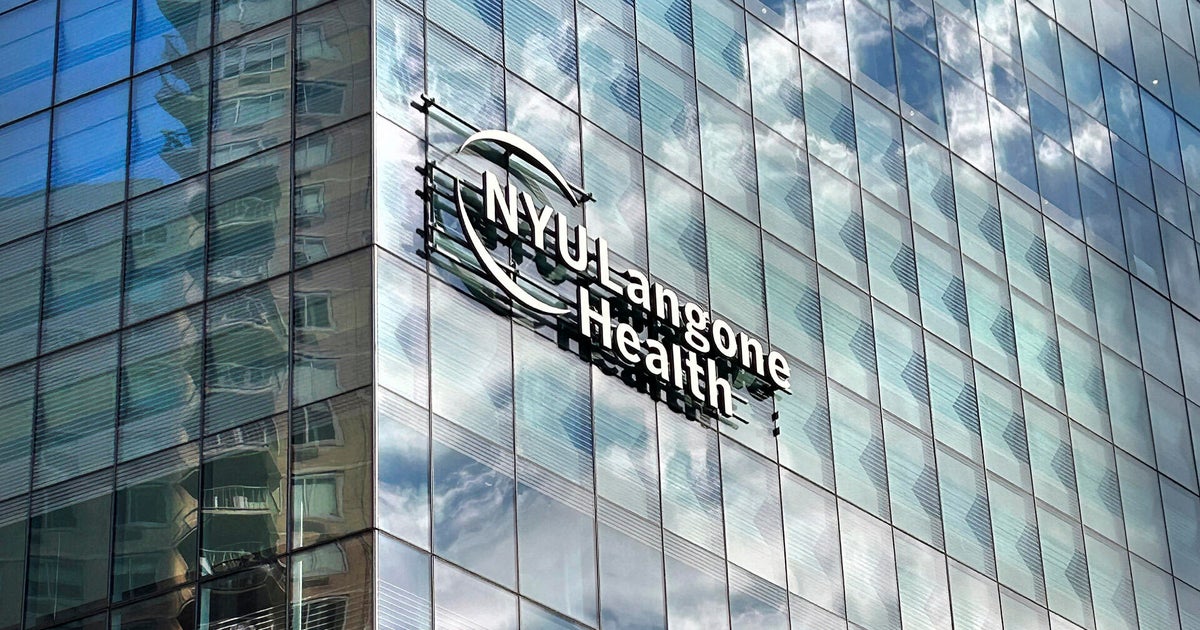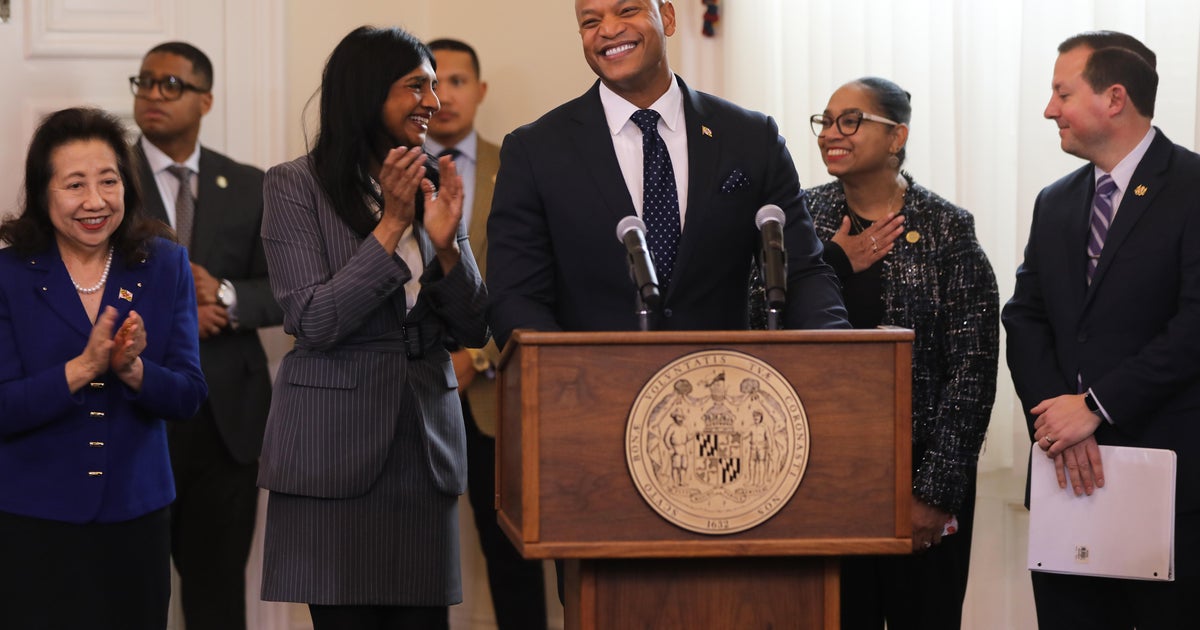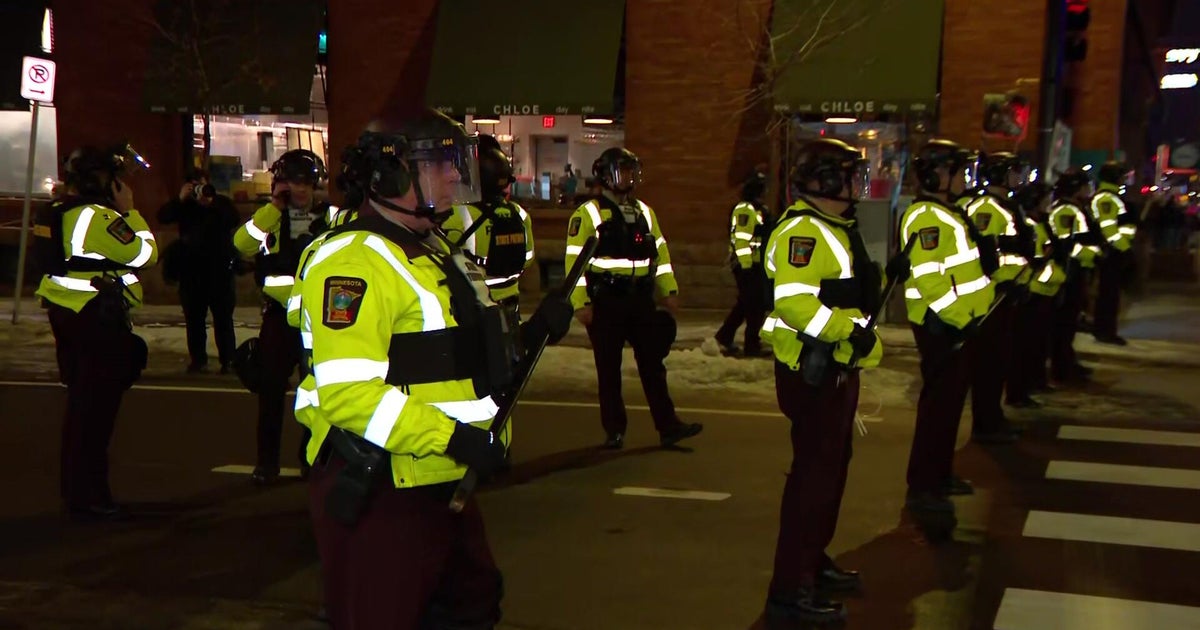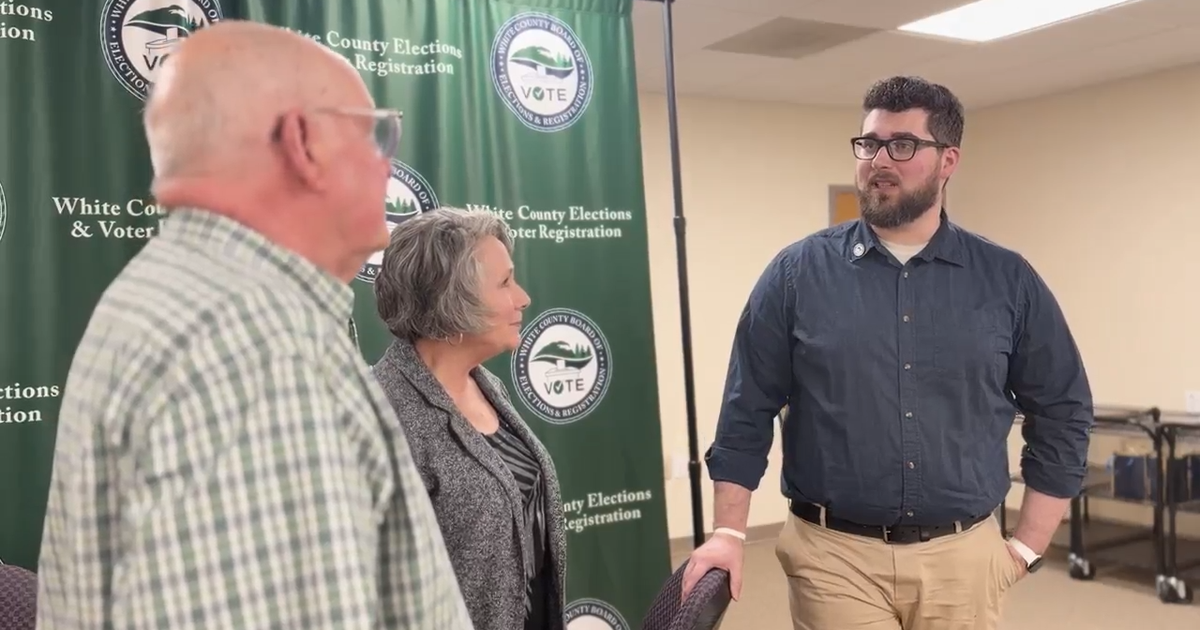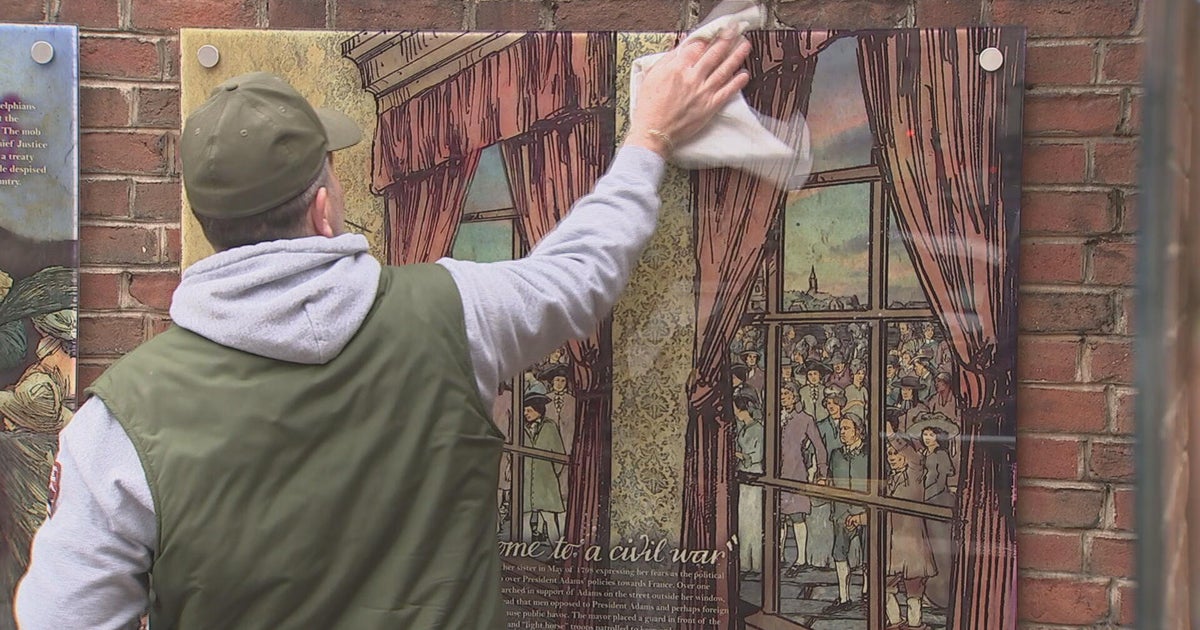White House Expects Justice Crackdown On Legalized Marijuana
WASHINGTON (AP) — The Justice Department will step up enforcement of federal law against recreational marijuana, White House spokesman Sean Spicer said Thursday, offering the Trump administration's strongest indication to date of a looming crackdown on the drug, even as a solid majority of Americans believe it should be legal.
"I do believe you'll see greater enforcement of it," Spicer said in response to a question during a news conference. But he offered no details about what such enforcement would entail. President Donald Trump does not oppose medical marijuana, he added, but "that's very different than recreational use, which is something the Department of Justice will be further looking into."
A renewed focus on recreational marijuana in states that have legalized pot would present a departure from the Trump administration's statements in favor of states' rights. A day earlier, the administration announced that the issue of transgender student bathroom access was best left to states and local communities to decide.
Enforcement would also shift away from marijuana policy under the Obama administration, which said in a 2013 memo that it would not intervene in state's marijuana laws as long as they keep the drug from crossing state lines and away from children and drug cartels.
But the memo carried no force of law and could be rewritten by Attorney General Jeff Sessions, who has consistently said he opposes legal marijuana but has not indicated what he might do.
Eight states and Washington, D.C., have legalized marijuana for recreational use. The Justice Department has several options available should it decide to enforce the law, including filing lawsuits on the grounds that state laws regulating pot are unconstitutional because they are pre-empted by federal law. Enforcement could also be as simple as directing U.S. attorneys to send letters to recreational marijuana businesses letting them know they are breaking the law.
Washington's attorney general, Bob Ferguson, said he and Gov. Jay Inslee, both Democrats, requested a meeting with Sessions about his approach to legal, regulated marijuana. Ferguson led the states in fighting off Trump's executive order on immigration in court and said Thursday he's prepared to lead the way in defending legal marijuana, too.
"We will resist any efforts to thwart the will of the voters in Washington," Ferguson said.
Kevin Sabet, head of the anti-marijuana group Smart Approaches to Marijuana, said pot enforcement is a matter of public safety.
"The current situation is unsustainable," Sabet said in a statement. "This isn't an issue about states' rights, it's an issue of public health and safety for communities."
Spicer's comments came the same day as a Quinnipiac poll said 59 percent of Americans think marijuana should be legal and 71 percent would oppose a federal crackdown.
Pot advocates said they hoped Spicer's prediction would not come to pass.
"It is hard to imagine why anyone would want marijuana to be produced and sold by cartels and criminals rather than tightly regulated, taxpaying businesses," said Mason Tvert, communications director for the Marijuana Policy Project.
States have been flouting the U.S. Controlled Substances Act since at least 1996, when California voters approved marijuana for sick people, a direct conflict with federal guidelines barring the use of marijuana for medical purposes.
And presidents since Bill Clinton have said the federal government unequivocally rejects a state's ability to modify federal drug law.
However, three presidents over the last 20 years have each concluded that the limited resources of the U.S. Department of Justice are best spent pursuing large drug cartels, not individual users of marijuana.
Nevada state Senate Majority Leader Aaron Ford said in a statement Thursday that meddling in recreational pot laws would be federal overreach and harm state coffers that fund education.
In Washington state, sales at licensed pot shops now average nearly $4.4 million per day — with little evidence of any negative societal effects. That's close to $1 billion in sales so far for the fiscal year that began last July, some $184 million of which is state tax revenue.
Follow @CBSBaltimore on Twitter and like WJZ-TV | CBS Baltimore on Facebook
(© Copyright 2017 The Associated Press. All Rights Reserved. This material may not be published, broadcast, rewritten or redistributed.)
